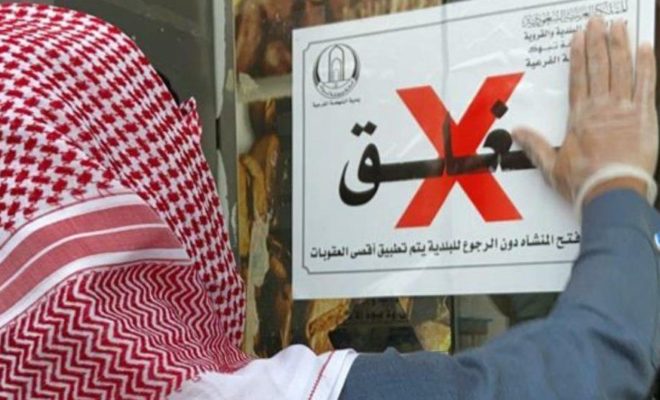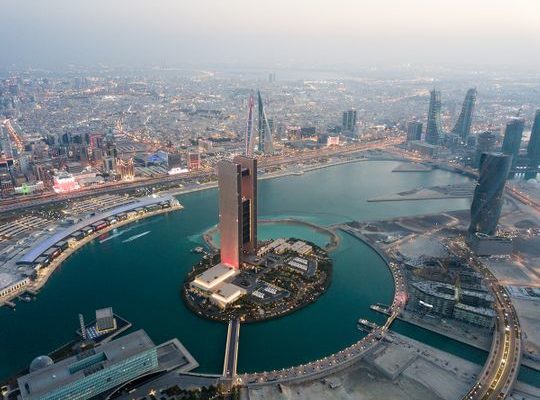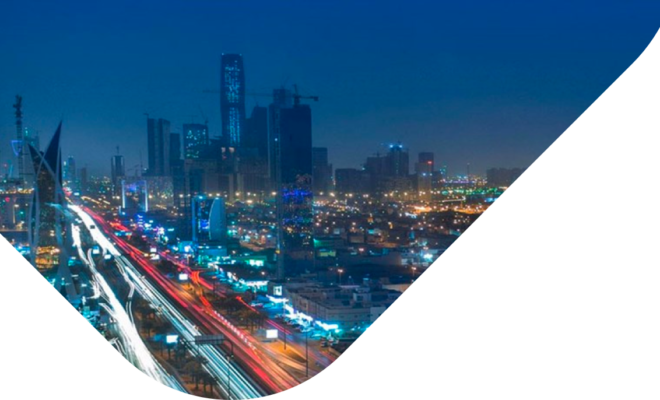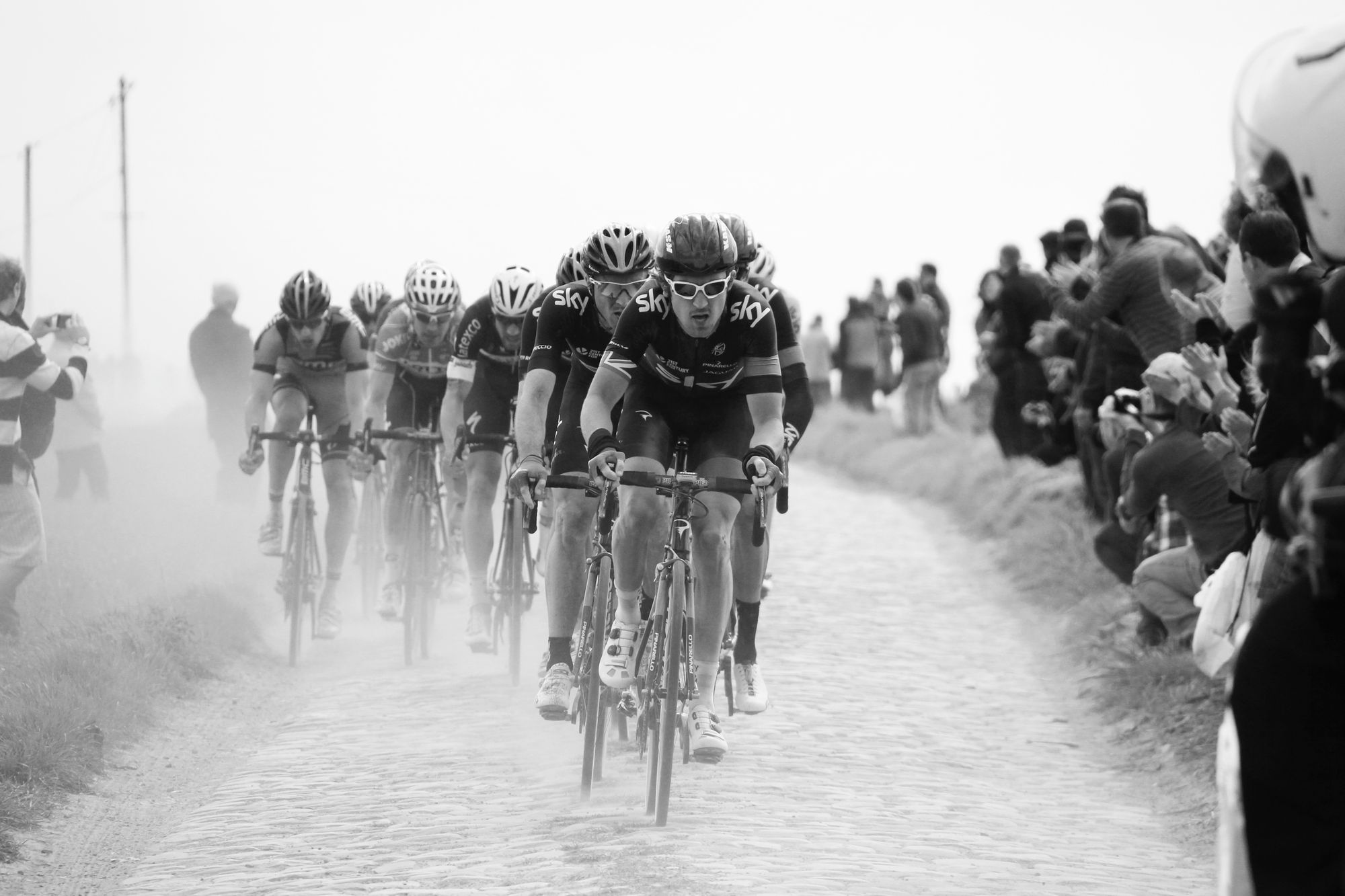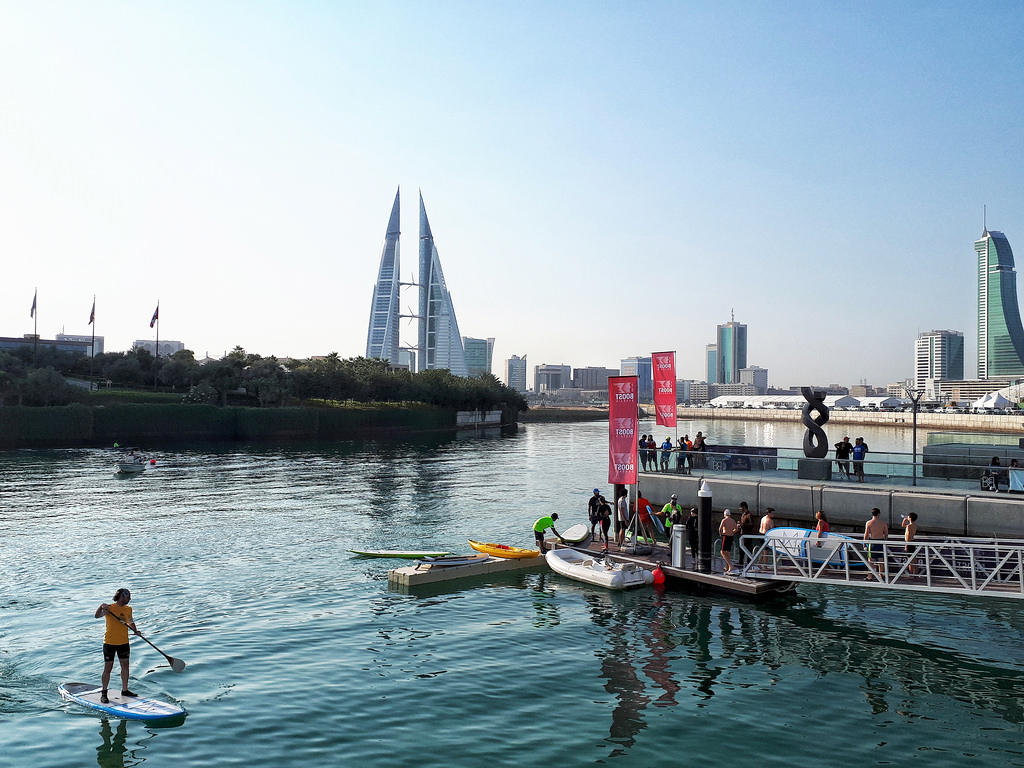How Africa Can Save the World from a Never-Ending Pandemic

As the rest of the world braces for a vaccine-driven return to normal in the coming months, Andrea Mendelsohn, who works at a community health center in a poor, working-class neighborhood of Cape Town, is looking forward to April and May, when the weather in the southern hemisphere cools and coronavirus cases rise. Apart from medical personnel like Mendelsohn, few people in South Africa would have been vaccinated by then.
Health workers will not be inoculated elsewhere on the continent, making Africa a huge reservoir of the virus, which has infected nearly 117 million people worldwide and killed more than 2.5 million. In an interview, Mendelsohn, a senior medical officer in the Western Cape Province’s Department of Health, said that while the introduction of vaccines would have little effect on the third wave, “at least I can be sure that when I go to work, I won’t die.” “I’m sure Malawian and Tanzanian health staff will welcome the same relief.”
The majority of African countries have yet to begin immunizing their people. Although developed countries have rushed to vaccinate their populations against Covid-19, only about half a million people in Sub-Saharan Africa, a region with 1.1 billion people, have received vaccinations. In comparison, the United States, with a population of about 330 million people, has given out over 90 million vaccine doses, and more than a third of the 67 million people in the United Kingdom have received at least one injection.
However, anyone in the developing world who believes they are untouched by vast swaths of unvaccinated citizens in Africa should reconsider, according to Phionah Atuhebwe, the World Health Organization’s New Vaccines Introduction Medical Officer on the continent.
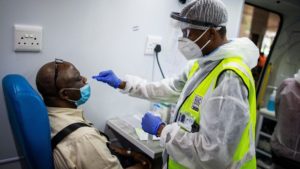
“The virus will certainly mutate and will continue to mutate; the longer we carry the virus around, the more mutations we’ll see,” Atuhebwe said in an interview from Brazzaville, Congo. “We put the whole world at risk if Africa is not vaccinated and we are a source of mutations.” Already, a vaccine developed by AstraZeneca Plc and the University of Oxford has shown to be ineffective in preventing the mild disease from infections with a strain of the virus first discovered in South Africa.
Rich countries pre-paid for vaccines and coordinated themselves faster and sooner, leaving African countries fighting for scraps. In February, UN Secretary-General Antonio Guterres said that only ten countries administered 75 percent of all vaccines, calling the situation “wildly unequal and unjust.”
Huge numbers of Nigerians, Ethiopians, and Zimbabweans live and work in Europe, North America, and even Asia, and daily flights suggest that mutated strains of the virus could be spread into the developed world just as easily as the virus arrived in Africa from Europe. Furthermore, a sluggish vaccine rollout could stall Africa’s economic recovery, which was hit by a virus for the first time in 25 years last year.
West Africa produces 60% of the world’s cocoa, and the Democratic Republic of Congo is a major supplier of cobalt for electric cars and tantalum for cell phones. South Africa is the world’s largest platinum producer. Even when vaccines are appropriate, some African countries cannot afford vaccinations outside of the Covax method.
African countries do not receive the discounts given to wealthier countries because they did not contribute to the production of the shots and did not pre-order. Urban Pillay, deputy director-general in the South African Department of Health, said in January that the country would pay $5.25 per dose of AstraZeneca’s shot, compared to around $3 in the European Union.
All of this has resulted in an awfully slow vaccination rate. South Africa, the continent’s most populous region, is inoculating at most 11,000 people a day with the single-dose Johnson & Johnson vaccine, a rate that will take a decade to reach the government’s goal of vaccinating 40 million people.
Most vaccines available in Africa require two shots. According to Ernest Darkoh, founder of the Cape Town-based Broadreach Group, which works with governments on healthcare, a double-dose regimen of 780 million Africans inoculated over 12 months to achieve herd immunity will require 7 million vaccinations per day.


